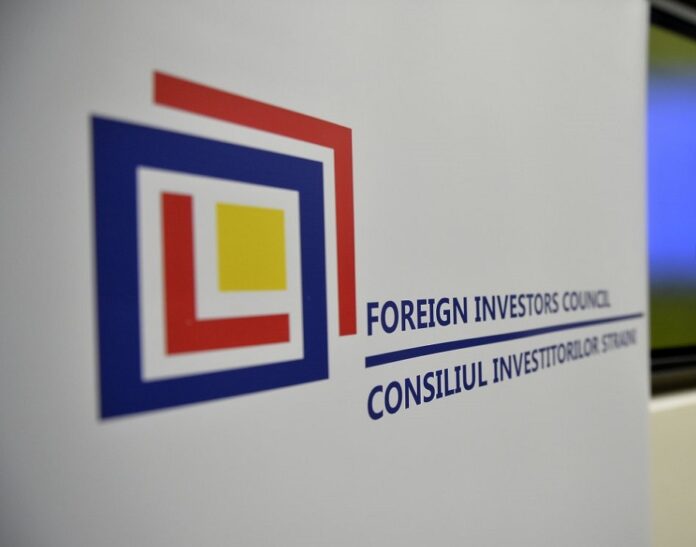The Foreign Investors Council (FIC) member companies announced on Thursday that they have decided on the 15 top executives and professionals to join the new FIC board, who will take on the leadership during the 2021–2022 mandate.
The new FIC board will focus on several strategic pillars for a strong and long-lasting economic recovery, by analyzing and factoring in the lessons of the past year’s challenges, according to a press release.
The Council said the upcoming period has the potential to ensure a durable recovery of the economy as long as every participant will act responsibly and bring their own contribution.
The vision of the new board is based on the following main areas that could continue shaping the sustainable growth of the Romanian economy:
- The continuation of the vaccination campaign, with the support and involvement of the private sector in order to minimize the social and economic damage.
- Continued involvement in supporting and attracting foreign direct investments (FDIs) to Romania, which aims at obtaining a multiplying development effect for the SMEs ecosystem.
- The elaboration of public policies and recommendations regarding the perspective of the green and digital transitions awaiting Romania in the 2021–2030 decade.
- The improvement and consolidation of the consultative process between the authorities and the business environment, with the objective of attaining and implementing sound policy measures.
„FIC members are aware that the ongoing health crisis implies a constant effort to keep the virus at bay in order to ensure the economy runs without interruptions,” said the Foreign Investors Council.
„Companies will continue to campaign on the vaccination advantages as the crucial method to protect the employees and to preserve their jobs,” added the Council.
The FIC board calls for a preventive approach, based on full-scale vaccination of the population in order to avoid a rigid one that implies a stop-start economic recovery, local lockdowns or restrictive measures followed by tentative re-openings, which represent a costly strategy for an economy that has been witnessed in Romania.
The FIC explained that through the Recovery and Resilience Facility (RRF) program and the EU funds within the Multiannual Financial Framework (MFF), Romania has the opportunity to implement reforms in various key areas that could generate the need for economic growth above the European average.


